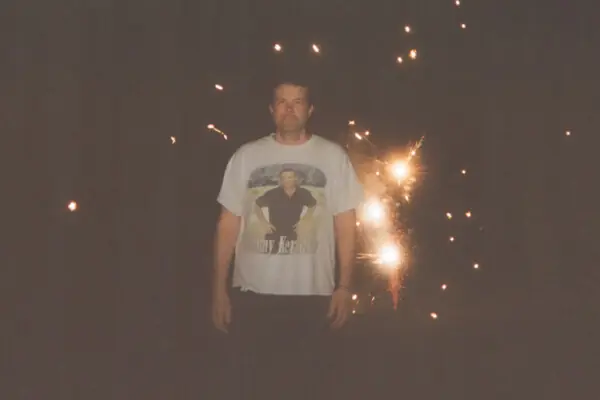Wild Pink

Das Konzert ist abgesagt. Tickets können dort zurückgegeben werden, wo sie gekauft wurden.
“Do you still believe it?” John Ross asks that question after journeying through the wreckage, after singing of thunder rolling down the track and lighting in a bottle. These are tropes, and he knows it. It’s a moment where he’s returning to the ancient wisdom of his classic rock forebears, trying to find the answers all over again. This is the ground Ross travels in “The Fences Of Stonehenge,” the lead single, opening track, and mission statement of the new Wild Pink album Dulling The Horns. The question reverberates across the album: “Do you still believe it?” And what happens when you don’t anymore?
Ross’ response is to start anew. From the late ‘10s through the early ‘20s, Wild Pink was on the classic ascension arc. The otherworldly synth-Americana of 2018’s Yolk In The Fur garnered them press buzz and accolades, while the widescreen gloss and scope of its followup, 2021’s A Billion Little Lights, swung for the fences at the cusp of the band’s breakthrough. Then everything changed: Ross received a shocking cancer diagnosis. Wild Pink’s subsequent release, 2022’s ILYSM, was inevitably saddled with the weight of being an album about mortality and love. On the other side of it all, Ross began to reimagine what Wild Pink was.
„Dulling The Horns“ is the sound of Wild Pink fraying at the edges. On the other side of his cancer battle and having to retell the story through an album cycle, he found himself exhausted — desperate for a new spark, a new story. “You zoom out, and I’m very fortunate,” he continues. “But Dulling The Horns came from the feeling of figuring out how do you deal with things and move forward and just keep creating.”
In the end, he finds his way back to something like home. Dulling The Horns’ was almost named for its closer, “Rung Cold,” the first song Ross began working on for the album. Instead, it becomes the final word, one last avalanche of modern day overstimulation and overdosing on cappuccins and Czech news on a TV in a bank before, finally, Ross concludes: “And if you can’t get along with it/ You gotta just get on with it.” Perhaps it’s a fittingly world-weary sentiment, an unsteady resolution for the ineffable “it” Ross was still trying to believe in at the beginning of the album. On Dulling The Horns, you can hear him rediscovering the fire in real time. Tropes discarded along the roadside, songs pulled from the formative DNA of rock music, all filtered through years of messy fog. “There is no answer to these problems,” Ross says, having eventually yielded. But as far Dulling The Horns is concerned, there’s at least one path forward: Burn it all away, and keep moving.